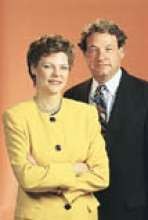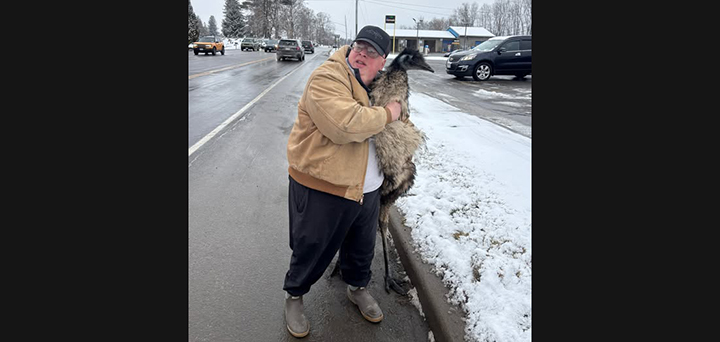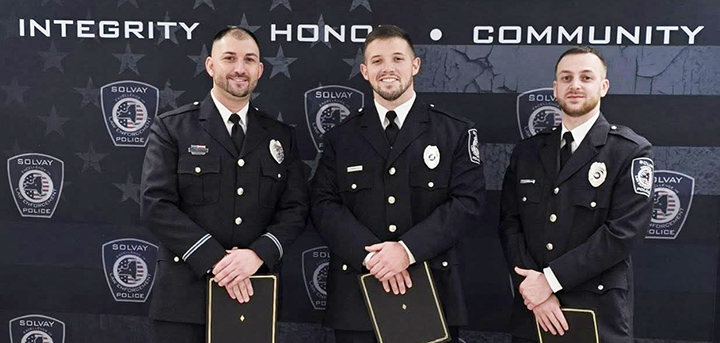Don’t ask, don’t tell, don’t wait
Dan Choi was a career army officer, a combat veteran, a fluent Arabic speaker. In March, he announced he was gay, and in May, he was discharged.
“When I got the letter, I was extremely angry,” he told Rachel Maddow on MSNBC. “The letter is basically saying bottom line, Lt. Dan Choi, you’re fired. You’re a West Point graduate; you’re fired. You’re an Arabic linguist; you’re fired. You deployed to Iraq, you’re willing to deploy again, doesn’t matter. Because you’re gay, that’s enough grounds to kick you out.”
Under current law, sexual preference IS enough to kick him out. That’s why the law should be changed.
In 1993, President Clinton signed legislation establishing the current “don’t ask, don’t tell” standard. Gays can only serve if they don’t have sex or talk about their orientation. Since then, about 13,000 homosexuals have been expelled from the military, more than 250 since President Obama took office.
The rationale for the policy was that national security demanded it. As the legislation put it, allowing gays to serve openly “would create an unacceptable risk to the high standards of morale, good order and discipline, and unit cohesion that are the essence of military capability.”
Today, that rationale has been turned on its head. The national interest requires that gays be included, not excluded, from the armed forces.












Comments